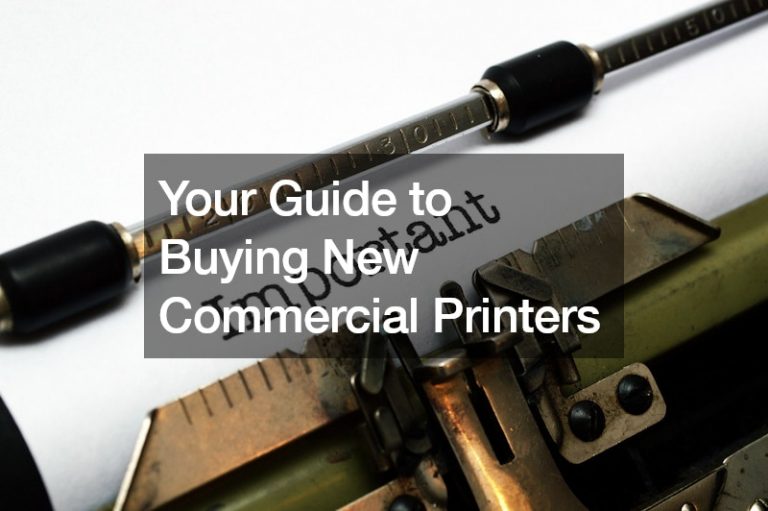- Research cars, compare models and prices, and consider your own lifestyle and budget before the car-buying process.
- Check your credit score in advance to determine what financing options are available.
- Consider ways to purchase a car with bad credit, such as paying a larger down payment, buying from private sellers, getting a cosigner, and looking for incentives.
- Plan for maintenance costs and think about the car’s resale value when choosing which model to buy.
- Do research on a car’s history such as its accident record or any pending recalls.
Buying your first car can be an exciting experience. It’s a significant milestone and an investment, so making the right decision is important. Before you start the car-buying process, there are a few things that you need to consider if you want to get the best deal for your money. Here’s what you should know before beginning your search.
Do Your Research
The more knowledge you have about cars and their prices, the better equipped you will be during negotiations. Research the type of car that would fit your lifestyle and budget. There are a lot of websites on the internet that offer reviews from previous buyers, as well as price comparisons across different models. Knowing the type of car most suits your needs will give you more confidence when negotiating prices with dealerships or private sellers.
Check Your Credit Score

Before buying a car, checking your credit score is essential. If it isn’t in good standing (i.e., above 700), you’ll want to do whatever it takes to improve it before heading out into the market, or else risk getting rejected by banks or finance companies when applying for auto loans or leases. Paying off outstanding debts and avoiding late payments are some of the ways that can help improve your credit score over time before making a purchase. If your credit score is still too low, there are some ways to purchase a car with bad credit, such as:
Paying a larger down payment
Paying a larger downpayment can help lower your monthly payments and make it easier for lenders to finance you. Consider saving up enough money beforehand, so you’re able to put a larger-than-normal down payment on your car if necessary.
Buying from a private seller
Private sellers may be more willing to provide flexible financing options than dealerships, so consider looking into that option if you’re having difficulty finding a loan or lease with decent terms.
Getting a cosigner
Having someone with good credit as a cosigner on your auto loan is another option you can look into if your credit score is too low. This will help you get more favorable terms and potentially lower the price of the car since lenders feel more secure in approving the loan.
Looking for incentives
Auto manufacturers may offer incentives for buying specific models, such as cash-back offers or low-interest rates. Research different dealerships and car manufacturers to see what discounts they currently have available so you can save money on your purchase.
Plan About Maintenance Costs

Keeping a car in great shape can be an expensive venture. You’ll need to plan for regular maintenance and periodic repairs, so factor that into your budget. Consider looking into extended warranty plans that can help cover the cost of parts and labor if something goes wrong with your car after purchase. Depending on the vehicle you intend to buy, you might also need to invest in some expenses to maintain its overall look and performance.
For example, if you’re planning to buy a Tesla, you may need to look for PPF services for Tesla cars to help protect the exterior of your vehicle. PPF stands for Paint Protection Film, and it is designed to keep your vehicle looking as new as when you first bought it, even after a few years.
Think About Resale Value
When choosing which model to buy, consider its resale value if you ever decide to sell it. Certain cars depreciate faster than others due to their brand name, age, mileage, condition, etc., so consider these variables before signing any papers if you don’t plan on keeping your vehicle forever and want maximum return on investment when selling it one day in the future.
Moreover, research the car’s history, such as whether it was ever involved in an accident and if there are any pending recalls on it. These are all essential information that can affect its overall value when selling to a private buyer or trading it at a dealership.
Purchasing a new car is a huge decision that should be taken seriously—which means researching beforehand! The more knowledge you have about cars and their prices—and ensuring that all other aspects (like credit scores and resale values) are taken care of—the more tremendous your success in finding an affordable option that’s perfect for your needs now and down the line!











